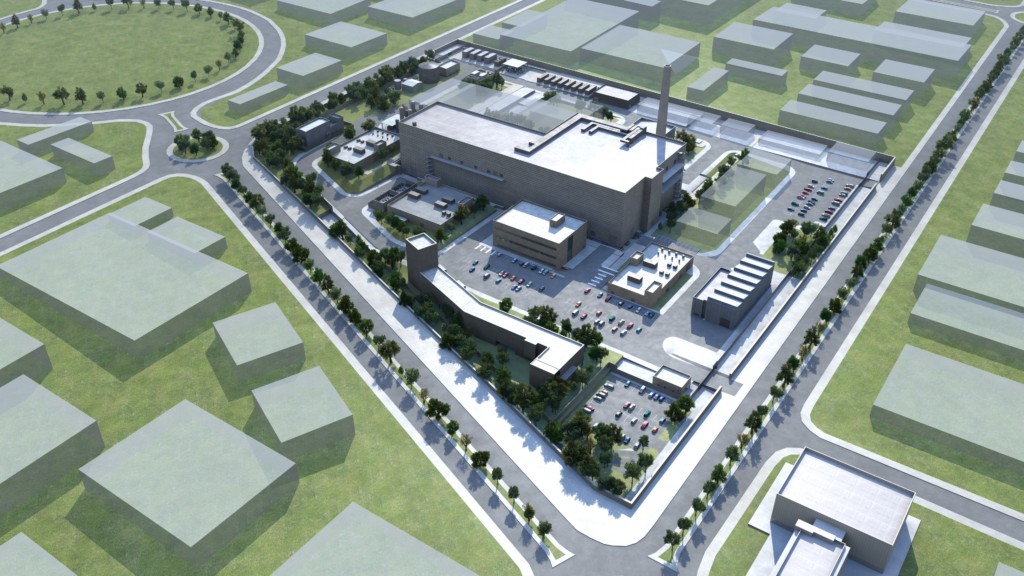March 18, 2025
Ayesa helps develop a cyber-physical system to supervise fusion power plants
The innovative project, known as OPTIMA-DONES, has a budget of EUR 6.7 million and is co-financed by the Centre for the Development of Industrial Technology (CDTI).
The initiative is part of the EUROfusion roadmap and IFMIF-DONES, a future research facility in Granada with a particle accelerator for testing materials to be used in fusion power plants.
Ayesa, a global provider of technology and engineering services, has joined one of Europe’s most ambitious science initiatives. Known as IFMIF-DONES (International Fusion Materials Irradiation Facility – Demo Oriented Neutron Source), the research facility will be used to test materials for future fusion power plants, such as the DEMOnstration power plant (DEMO), ITER’s successor.
Ayesa is participating in the initiative by leading OPTIMA-DONES. The aim of this research project, which has a budget of EUR 6.7 million, is to develop a cyber-physical system to ensure effective supervision and proactive maintenance of the critical systems that will support IFMIF-DONES. Based on the concept of Maintenance 5.0, it will seek to maximise the safety, performance and design life of components and materials.
IFMIF-DONES, which is currently under construction, is being led by Europe, with Spain playing a crucial role given that the facility will be located in Escúzar (Granada).

The maintenance of fusion power plants in general, and IFMIF-DONES in particular, represents an unprecedented challenge due to their innovative nature. This is where the progress made by OPTIMA-DONES will prove crucial.
The project, which is co-financed by the Centre for the Development of Industrial Technology, brings together six companies and three public research centres. Ayesa is leading the consortium and will also play a key role in creating a cyber digital twin of the infrastructure, in addition to developing the software and processes necessary for real-time data collection, with a focus on maintenance downtime.
To achieve this, the company will develop AI models to predict failures and anomalies in software systems with 90% accuracy, based on the modelling of dependencies between components. It will also create an interface to view and simulate the functioning and processes of the cyber-physical system, which will have a response rate of less than 2 seconds. This will be done alongside research teams from the universities of Málaga and Granada.
The scope of Ayesa’s work will also include the instrumentation and traceability of the software components, research into preventive cybersecurity for highly radioactive environments, the development of AI models to prevent cyberattacks, and the creation of a platform for the mass collection of maintenance data from multiple sources.
This will give rise to two use cases. The first will involve a PoC for a robotic arm to be used in environments with high levels of radiation, and the second will focus on training and validating the ‘Operator 5.0’ concept.
A milestone in nuclear fusion technology
The OPTIMA-DONES project has brought about significant progress in developing the technology needed to make fusion power a reality. This is particularly important given its key role in the transition to safe and sustainable sources of energy. Ayesa’s extensive experience in technology and data management will undoubtedly contribute to the success of the project, as well the development of innovative maintenance solutions for critical infrastructure.
The project is a clear reflection of Ayesa’s commitment to research and innovation, as well as its position as one of the world’s leading companies in fusion power.
We support your projects
We are here for you, to advise you personally and offer you the product you need.